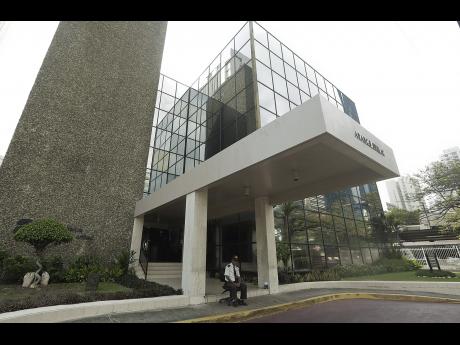Denmark to buy leaked Panama Papers
Denmark will buy data leaked from a Panamanian law firm that helped customers open offshore companies to avoid paying taxes, the Scandinavian country's taxation minister said Wednesday.
Karsten Lauritzen said Danish tax authorities had received an anonymous offer over the summer to acquire data from the so-called ‘Panama Papers’ that could involve up to 600 people. The ministry said communication with the anonymous source was made via encrypted channels.
Lauritzen says "everything suggests that it is useful information" and "we owe it to all Danish taxpayers who faithfully pay their taxes."
"We must take the necessary measures in order to catch tax evaders who hide fortunes in, for instance, Panama," Lauritzen said in a statement. "Therefore, we agreed that it is wise to buy the material."
He said, without elaborating, that "there may be fundamental problems associated with buying leaked information," and taxation authorities "should be cautious".
He added that other parties in 179-seat Parliament supported buying the documents, which are part of a stash of documents leaked from law firm Mossack Fonseca.
The data, which consists of records on 11.5 million offshore holdings, was originally leaked to a German newspaper, which shared it with a global network of investigative journalists, leading to a series of media reports in April. In May, the journalists made the names of 200,000 offshore entities available in a searchable database.
It's unclear whether Denmark is the first country to have bought or accessed the leaked data beyond what was made public.
The repercussions of the leak have been far-ranging. The uproar led to the resignation of the prime minister of Iceland, and brought scrutiny to, among others, the leaders of Argentina and Ukraine, Chinese politicians, Russian President Vladimir Putin and his friends.
"The material contains relevant and valid information about several hundred Danish taxpayers," Lauritzen said. It was not clear how many lawmakers backed the plan as there had been no public vote in the assembly.
Lauritzen said the data cost a single-digit million kroner, where 1 million kroner is equivalent to US$150,000.

